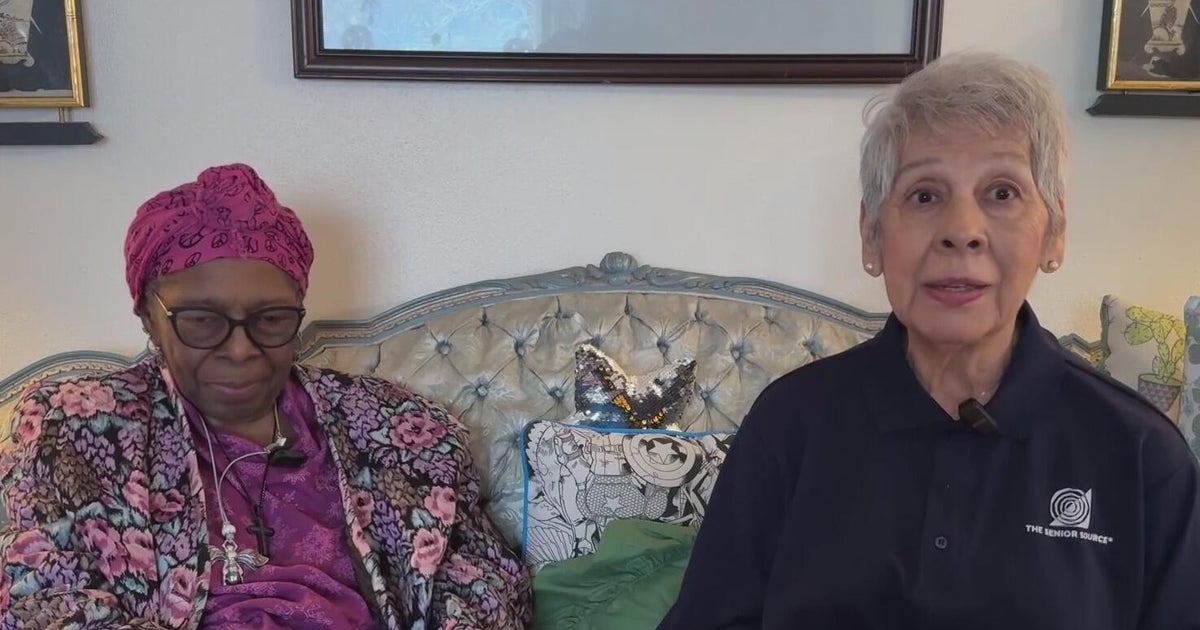Scientists: Citrus Greening Disease Smells
ST. PETERSBURG (CBSMiami/AP) — The deadly disease that is killing citrus trees all over Florida may also give-off clues that may help lead to a way of controlling it.
When a citrus tree is infected by the deadly greening disease, it emits a particular smell.
That distinct smell could one day unlock the mysteries of the disease, which is threatening Florida's $9 billion citrus industry.
The smell appears to attract a parasite that spreads the dangerous citrus greening that is infecting trees. But the same smell also attracts the natural enemy of the pathogen, a wasp that could potentially be the savior of Florida trees.
However, Lukasz Stelinski, associate professor of entomology at the Citrus Research and Education Center in Lake Alfred, was quick to say that this new information doesn't offer any promise of solving the citrus greening problem.
The research team from the University of Florida in a paper published in the journal Frontiers in Ecology and Evolution on Thursday wrote that four different species communicate with — and sometimes trick each other — around a scent produced by greening-infected citrus trees.
Researchers found that wasps and psyllids — which are jumping plant lice — are both attracted to the odor. This "olfactory cue" may then help wasps find and prey on the psyllid by "eavesdropping" on the odor exchanged between bacteria, citrus trees and the psyllid.
The citrus greening bacteria, which is spread by the psyllid, causes trees to produce green, disfigured and bitter fruits by altering nutrient flow to the tree, eventually killing it.
Researchers are working with the tiny, parasitic wasp that eats the eggs of the Asian citrus psyllid in hopes of producing a natural bio-control for greening. The wasp is a natural enemy of the psyllid.
Stelinski said that finding out that the wasps are attracted to the odor emitted from greening is interesting.
"We haven't even proven that those natural enemies of the psyillid are sufficient to control this disease," he said. "It's an interesting scenario. It might be an interesting thing to think about, baiting orchards with these attractions, to attract the wasps. But the odor also seems to attract the psyllid."
Stelinski said that so much of Florida's citrus crop is already infected by greening that this research might not be of much benefit in that state. But citrus-growing regions such as California or Texas — where greening has yet to take hold — could find this research useful.
Florida growers are seeing the bacteria's effects this season. This year's Florida orange crop is approaching the fruit's lowest harvest in decades, and experts say greening is to blame.
(TM and © Copyright 2014 CBS Radio Inc. and its relevant subsidiaries. CBS RADIO and EYE Logo TM and Copyright 2014 CBS Broadcasting Inc. Used under license. All Rights Reserved. This material may not be published, broadcast, rewritten, or redistributed. The Associated Press contributed to this report.)
RELATED CONTENT:







